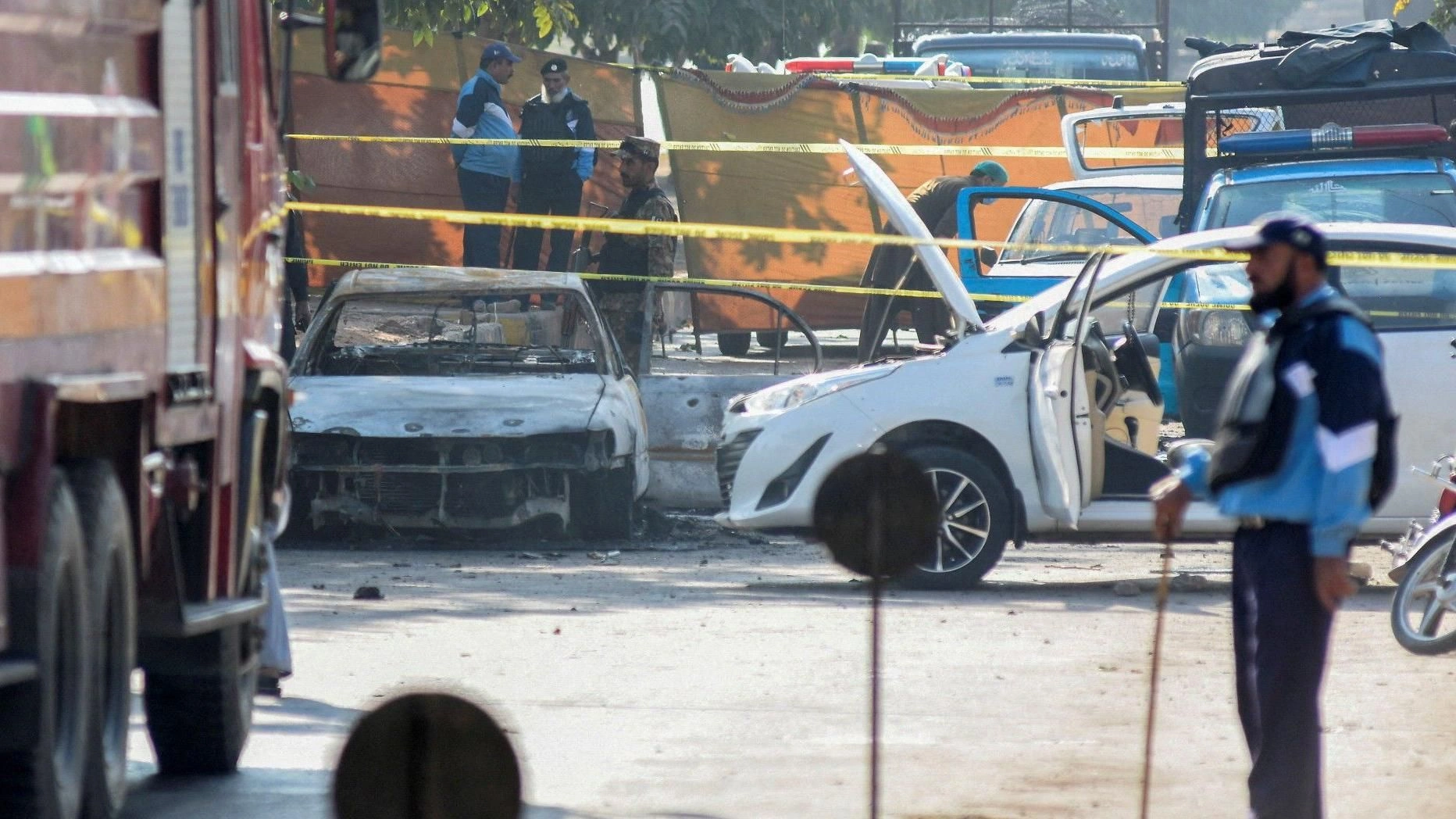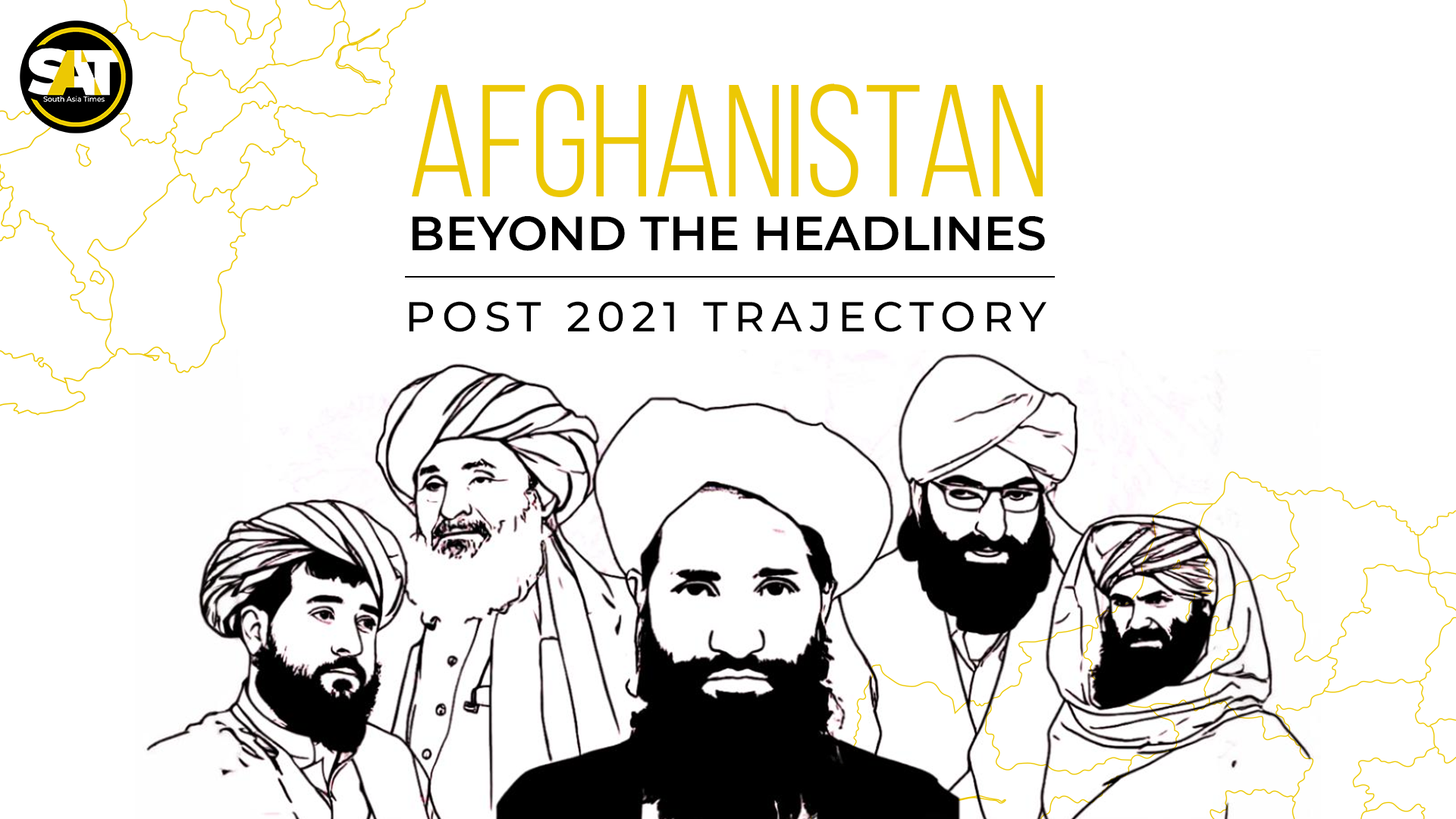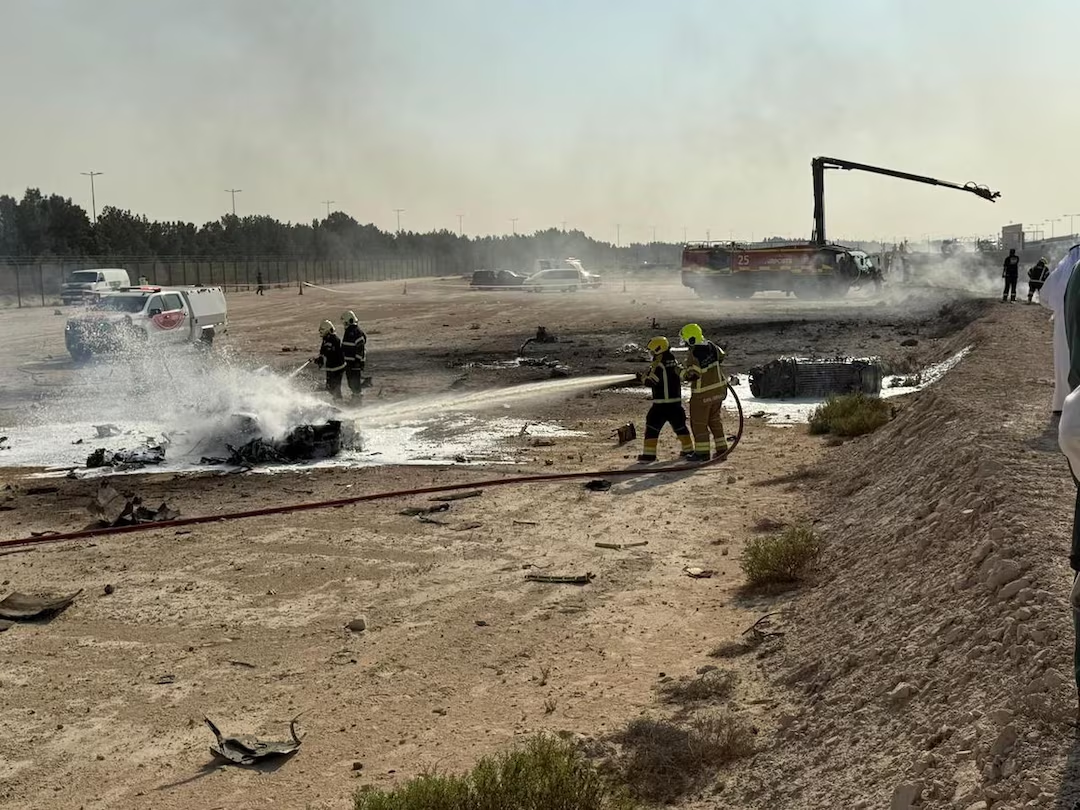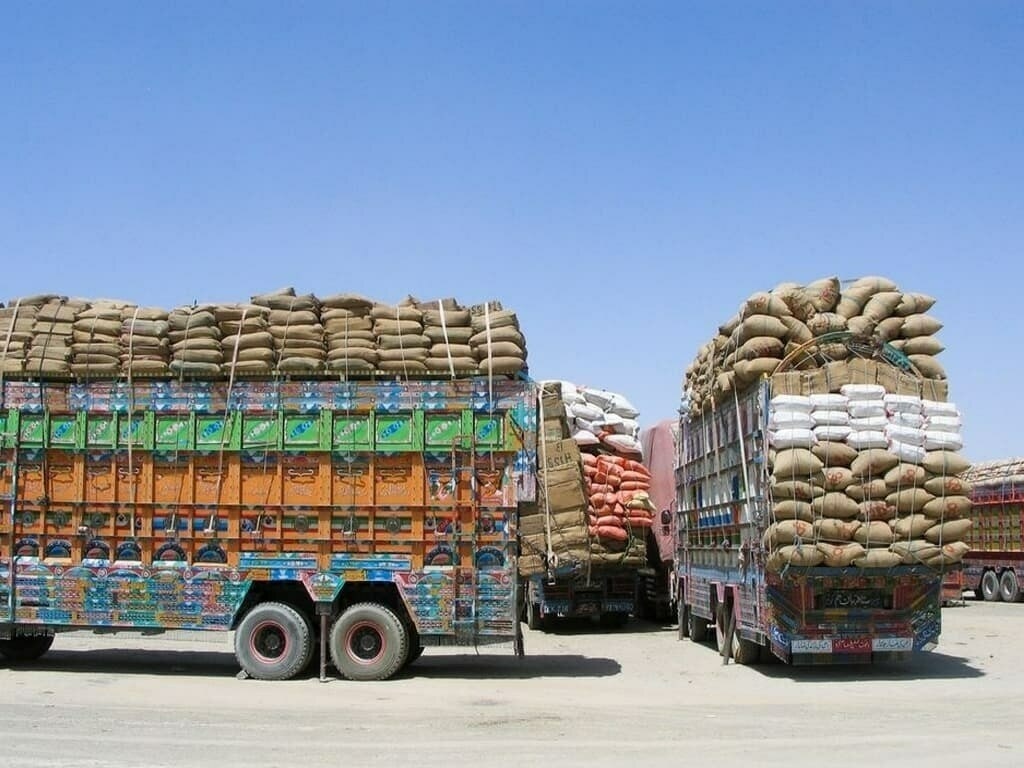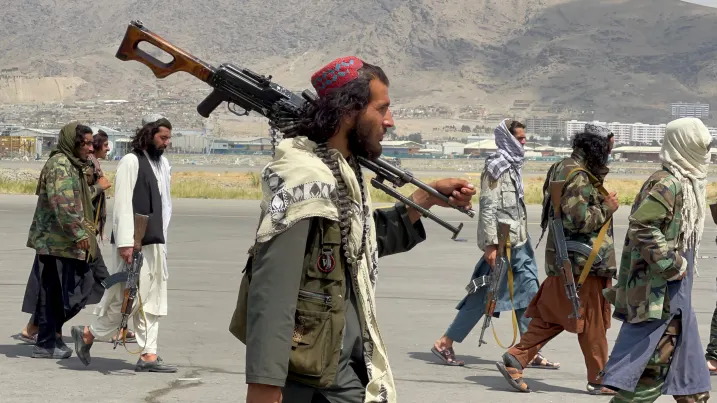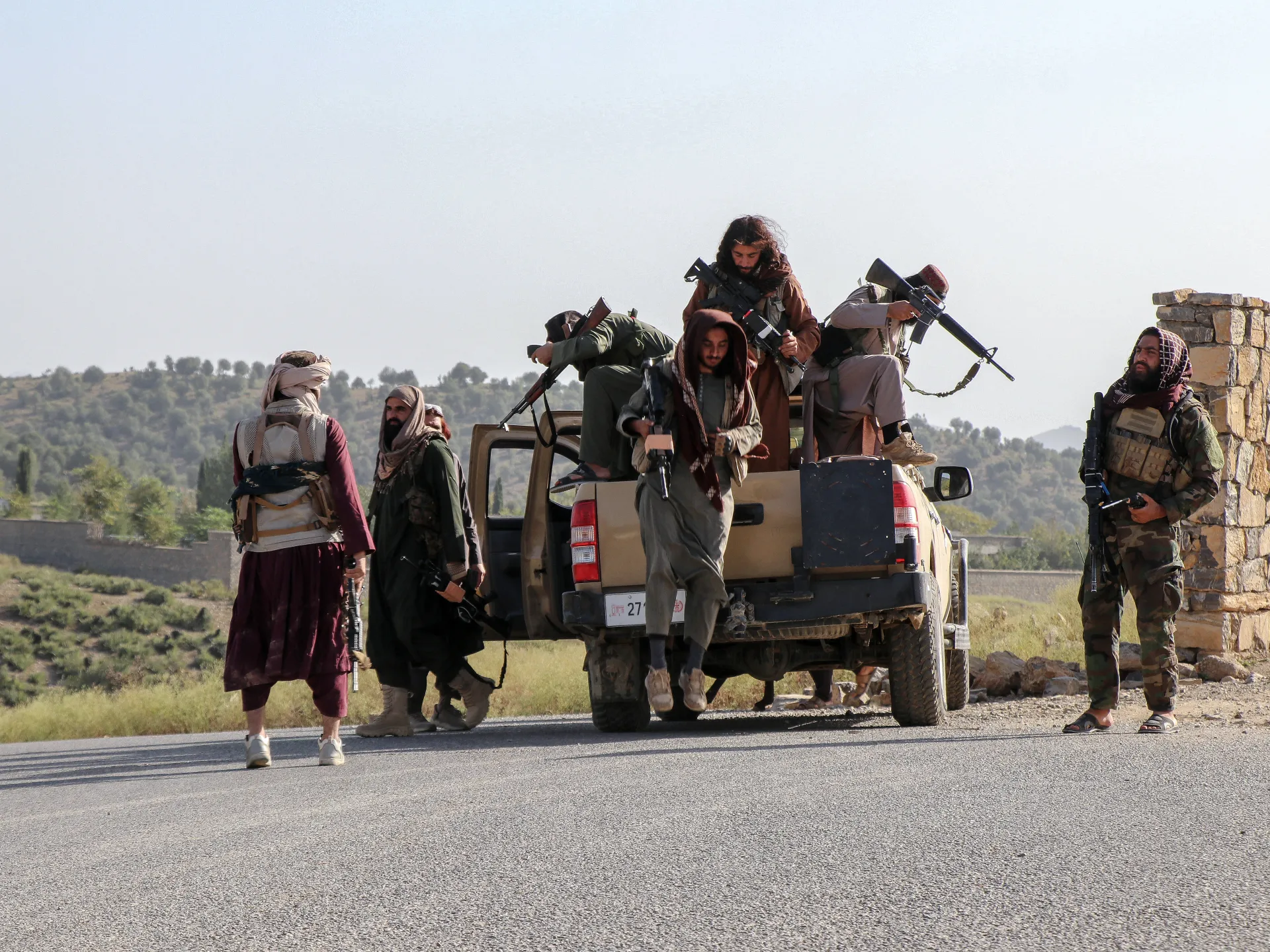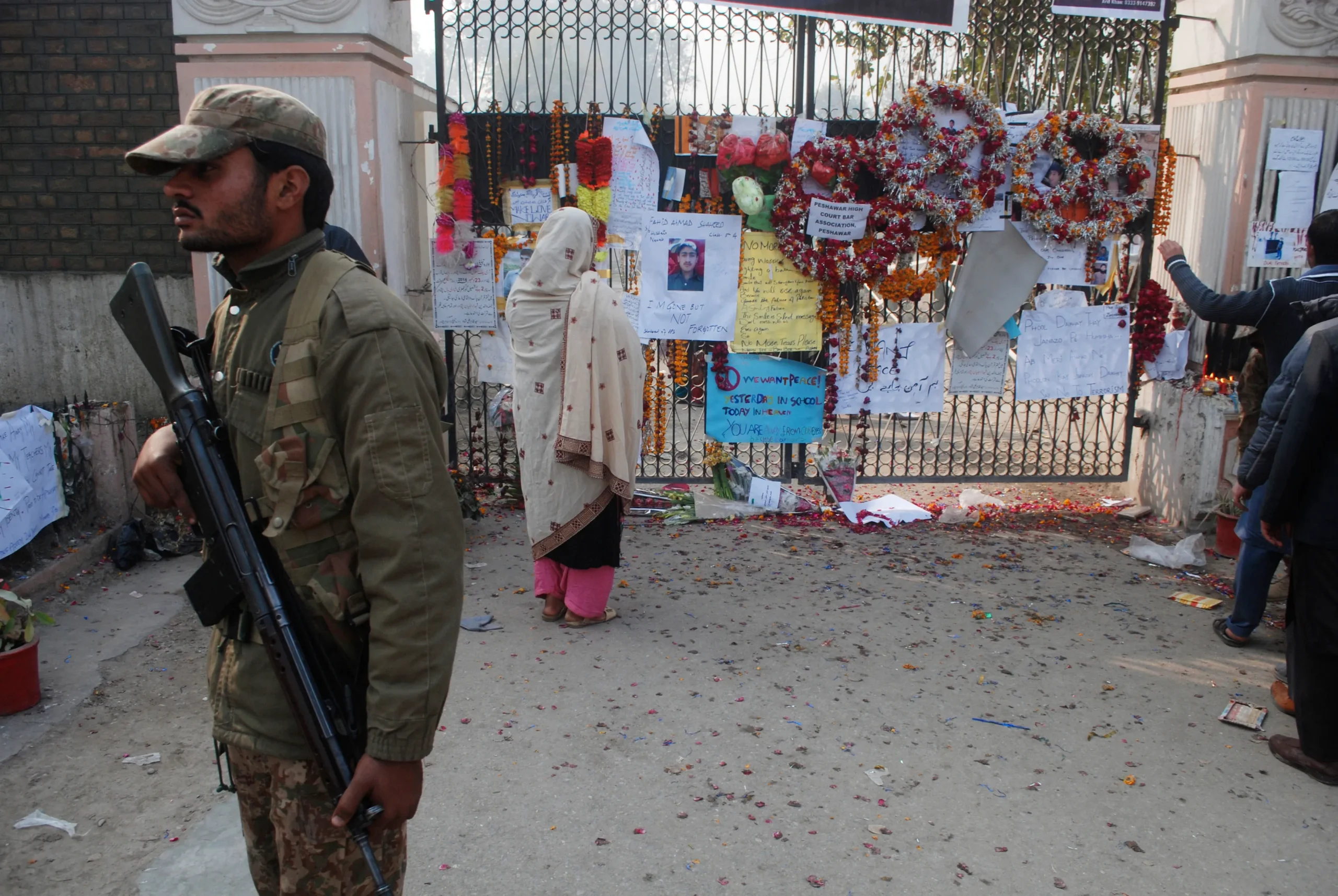The rise and fall of the Awami League is a story of nationalism turned inward, power hardened into authoritarianism, and a political movement ultimately consumed by the very forces it once harnessed. From its separatist origins in the 1960s to the iron-fisted rule of Sheikh Hasina, the party’s arc ends with an extraordinary reversal: the International Crimes Tribunal sentencing Hasina to death in absentia. The party that delivered independence now stands condemned, morally, legally, and historically, under the weight of its own contradictions and its fateful overreliance on India.
